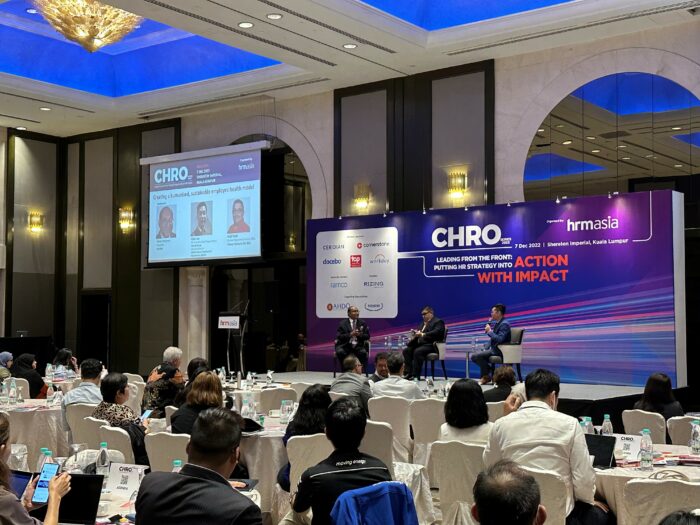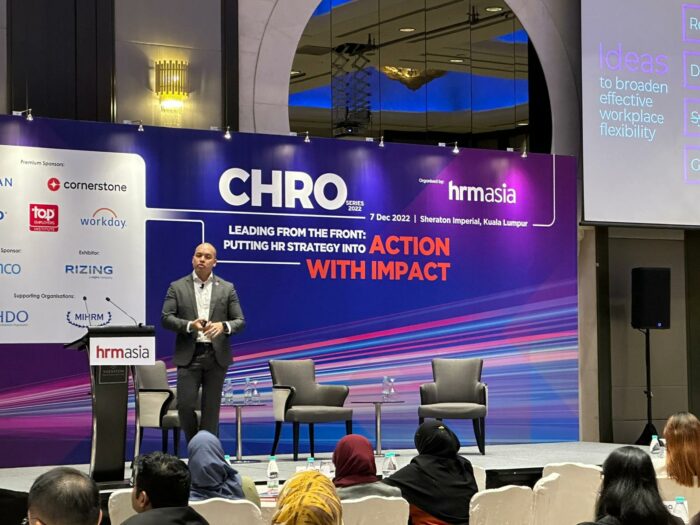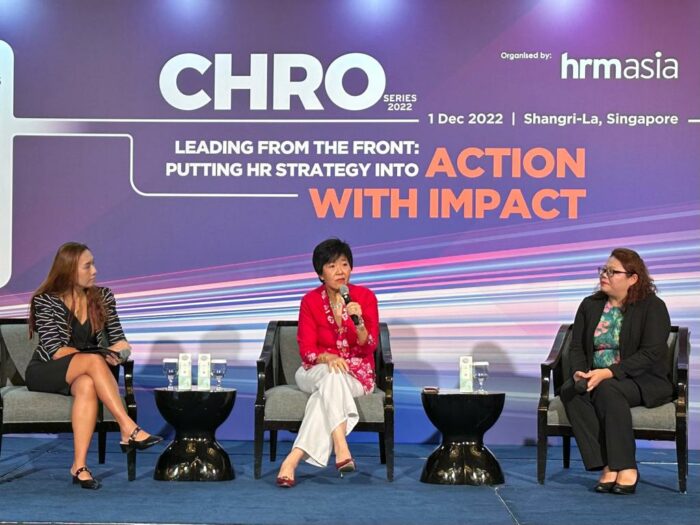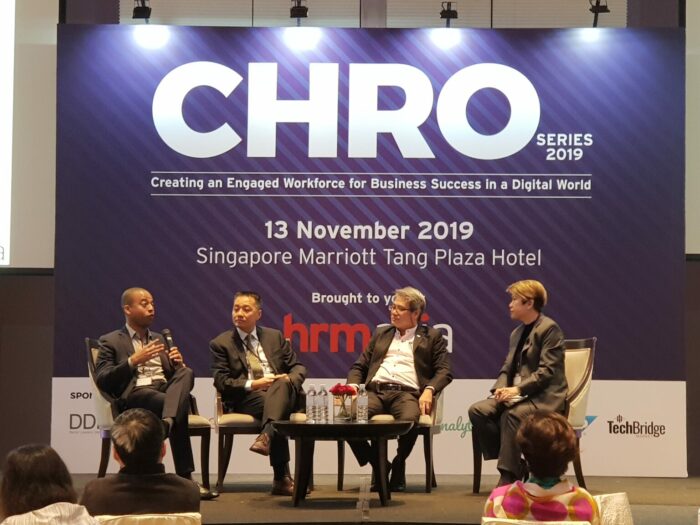Employees in Japan can choose to stay longer in the workforce

With Japan facing a talent shortage as the population ages, firms are encouraged to do more to support older employees who want to continue working.
Achieving work-life balance through flexible work

Flexible work arrangements and reduced working hours are some of the ways organisations can help employees find the optimal work-life balance.
Talent the top concern for Australia’s business leaders in 2023

Digital transformation and cybersecurity are also among organisation’s top priorities, a KPMG Australia survey has found.
Josh Bersin: Let’s talk about layoffs and how to handle them

Josh Bersin discusses how organisations can manage layoffs more effectively, even in uncertain economic times.
Work from home experiences differ for couples

A study suggests husbands should be given more flexibility at work to support their wives in accomplishing their work and family responsibilities.
What’s keeping HR leaders up at night?

While recruiting and retention remain HR leaders’ top focus, there have been some shifts in other areas, a survey from Human Resource Executive has found.
Adopting a holistic approach to job satisfaction beyond remuneration

Chew Siew Mee, Managing Director of JobStreet by SEEK, highlights what employers need to offer to encourage talent to join, and stay with their firms.
Flexibility for employees in India as hybrid work set to stay

Despite concerns over a surge of COVID-19 cases in the country, many organisations are not deviating from existing hybrid work policies.
Redesigning EX for 2023? Put purpose at the centre of your plan

Organisations can create a productive and meaningful workplace for employees by developing an experience based on purpose.
Achieving positive employee wellbeing goes beyond remuneration

As hybrid work continues, firms are encouraged to prioritise the wellbeing of their employees to retain and support their journey towards fulfilling careers.
Fostering a sustainable work culture with a people-centric approach

When employees are constantly striving to take care of one other, an organisation changes for the better, according to Virgin Group’s Holly Branson
Tech roles a top career choice for Gen Z graduates in India

Employers who provide the right value proposition to Gen Z employees are more likely to be able to retain them in their first job for more than two years.
Individualised approach to leadership can help managers succeed

Managers should implement individualised consideration to meet the divergent needs of employees, says new research from MIT.
AWS: Workplace innovation starts with dissatisfied employees

Those who are curious about how the world works and their role in it are likely to innovate at the workplace, said CEO Adam Selipsky.
Cultivate high-performing employees with a people-first approach

To allow employees to thrive in a hybrid environment, organisations should design work models around the needs of their workforce.
Building an employee-first workplace culture a priority for CHROs in 2023

HRM Asia’s CHRO Series Malaysia 2022 took a deep dive into topics such as employee wellbeing, HR transformation, and workforce optimisation.
SMEs rank survival and expansion as top challenges

Talent acquisition and retention is also one of the biggest challenges faced by SMEs around the world, reported the World Economic Forum.
Looking ahead: What are the priorities for CHROs in 2023?

Organised by HRM Asia, CHRO Series Malaysia will address how CHROs can navigate their organisations through the challenges in a post-pandemic era.
Employers in Hong Kong prioritising employee retention in 2023

Introducing hybrid work policies and increasing investment in the upskilling of employees are some of the key strategies to retain talent in the new year.
2 Cents: People-first approach a priority for HR in 2023

With people key for organisational success, attracting and retaining the best talent is on the agenda of every HR and business leader heading into 2023.
Why CHROS are focusing on human capital management in 2023

Attracting, managing, and retaining talent was a key discussion point at HRM Asia’s CHRO Series Singapore 2022, which took place on December 1.
Engage, retain, and attract employees – by design

Dr C J Meadows explains why adopting a Design Thinking approach can help organisations create a great employee experience.
Redesigning employee experience for the future of work

Mallory Loone, Co-Founder of Work Inspires, provides tips on how organisations can redesign the right employee experiences for their employees.
What CHROs can do to shape the world of work in 2023

Taking place on December 1, the CHRO Series Singapore will discuss topics such as building a talent management strategy that embraces innovation.
Why coaching is the most effective L&D tool for organisations today

Nick Goldberg, CEO of EZRA, suggests that the future of L&D is coaching, which is a more effective tool that training, mentoring, or consulting.
Workforce optimisation: HR’s next big priority

Workforce optimisation is a critical lever in driving business continuity and profitability through any type of change, highlights Workday’s Pannie Sia.
Employee benefits strategy key to talent retention

Companies operating in the Asia-Pacific region recognise that they need to improve their employee benefits strategy to hire and retain top talent.
Emotional adaptability can help boost creativity at work

By developing creative employees, organisations can help boost business productivity in more conventional roles like accounting and data analytics.
Organisations should take a people-first approach to attract talent

Ways to foster attractive workplaces include leveraging flexible work options to provide employees with more autonomy.
Why HR leadership is the key to organisational change

A change-ready culture driven by the behaviours and performance of leaders is pivotal to manage disruption and prepare employees for change.
